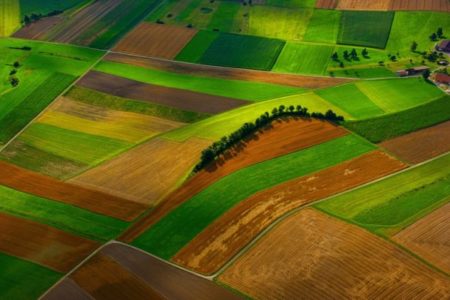The Common Agricultural Policy (CAP) was created in 1962 and is one of the oldest European policies. From that date, there have been reforms that adapted it to the changes in society. The objectives of CAP are to ensure a stable and sustainable production of food, providing the supply needed at affordable prices, protects farmers and agricultural workers living.
Since the origin of CAP, France was one of the main defendants of this policy that currently takes around a 40% of the EU budget. Traditionally, France has always aimed to maintain its share from CAP subsidies (an amount that goes up to €9 billion), being the largest net beneficiary of the policy. This being a reflection of the fact that the existence of CAP is mainly due to French politicians who, in 1962 asked for direct payments for french farmers if an European market was going to be established.
However, there has been a recent change in the view of this policy with the new government leaded by the Prime Minister Emmanuel Macron. In September, he already stated that CAP should be reviewed ‘without taboos’ as it was not clear if the policy was having a real effect either for farmers or consumers. This statement provoked a positive reaction in Brussels, Günther Oettinger, European Commissioner for Budget welcomes Macron’s compliance to put CAP under revision.
This new view towards CAP comes along with the acknowledgement both from Brussels and Paris that there are other strategic priorities that need a deeper focus such as defense or education (highlighted by Paris) and security, migration and digital technology. Moreover, it needs to be taken into account that the EU budget dedicated to CAP would be also affected by Brexit, which will constitute €12 billion annual loss in the 2021-2027 budget.
Find here the complete news about this issue.





